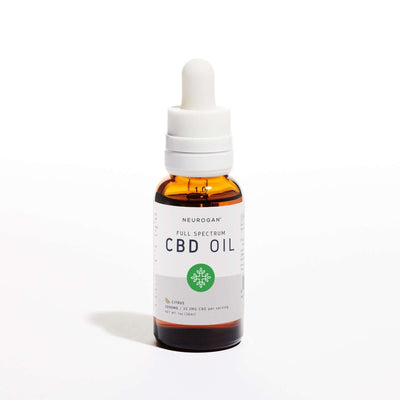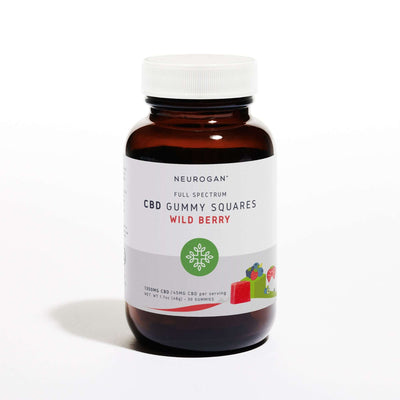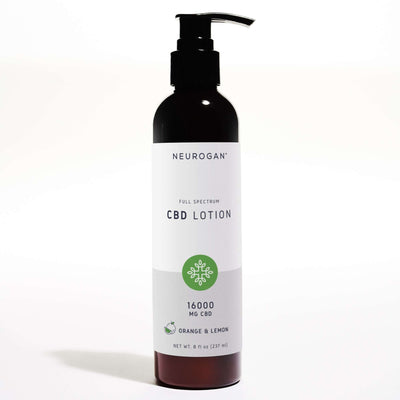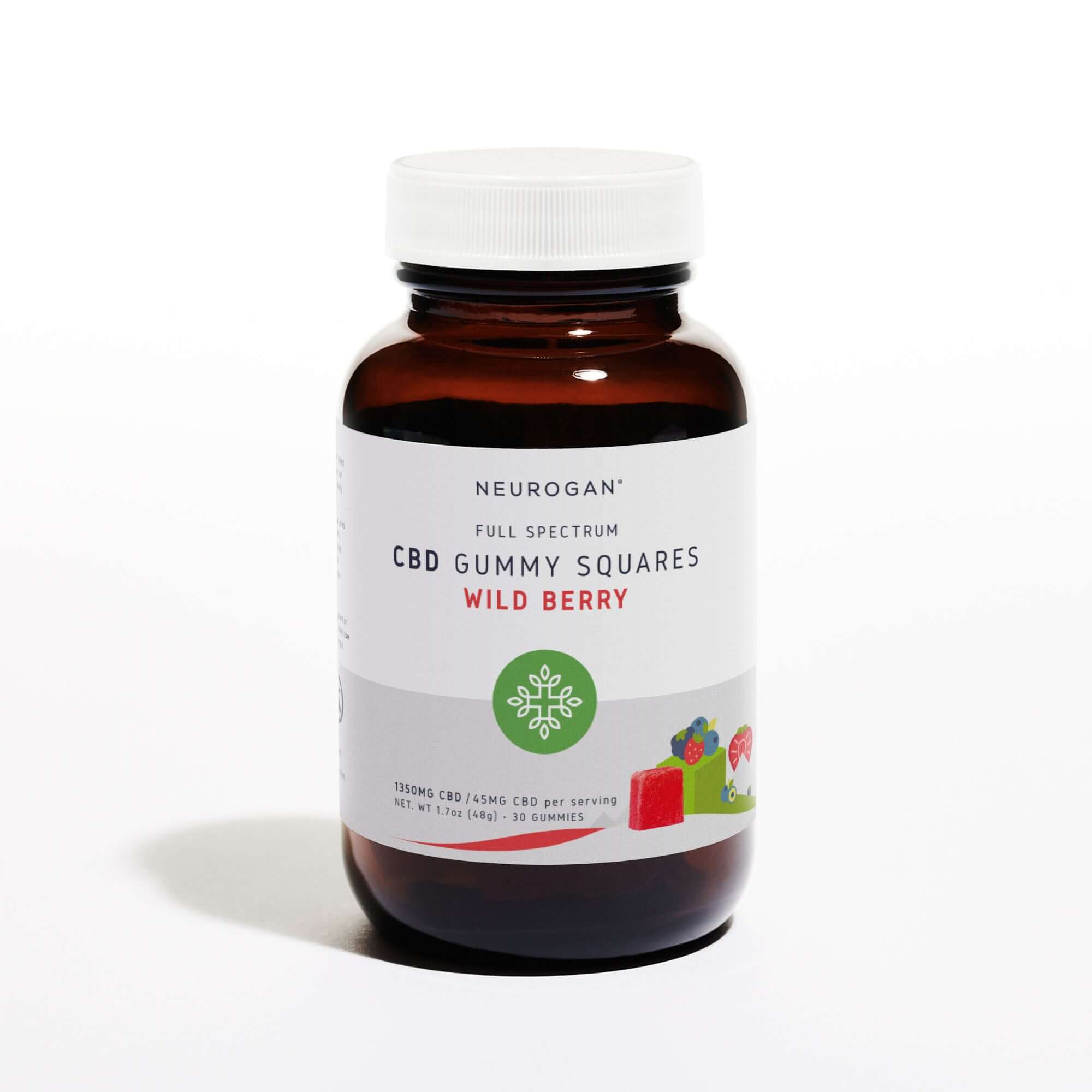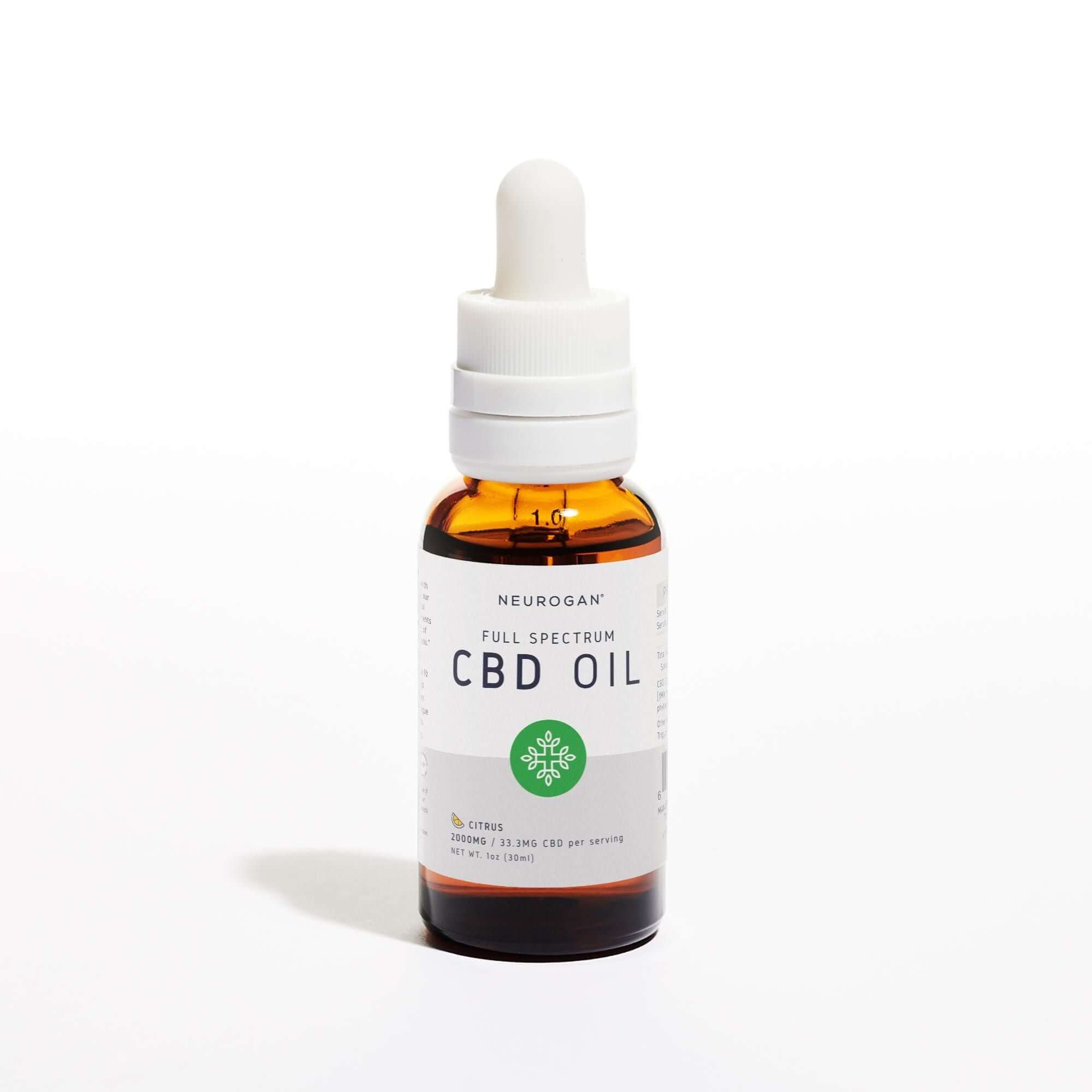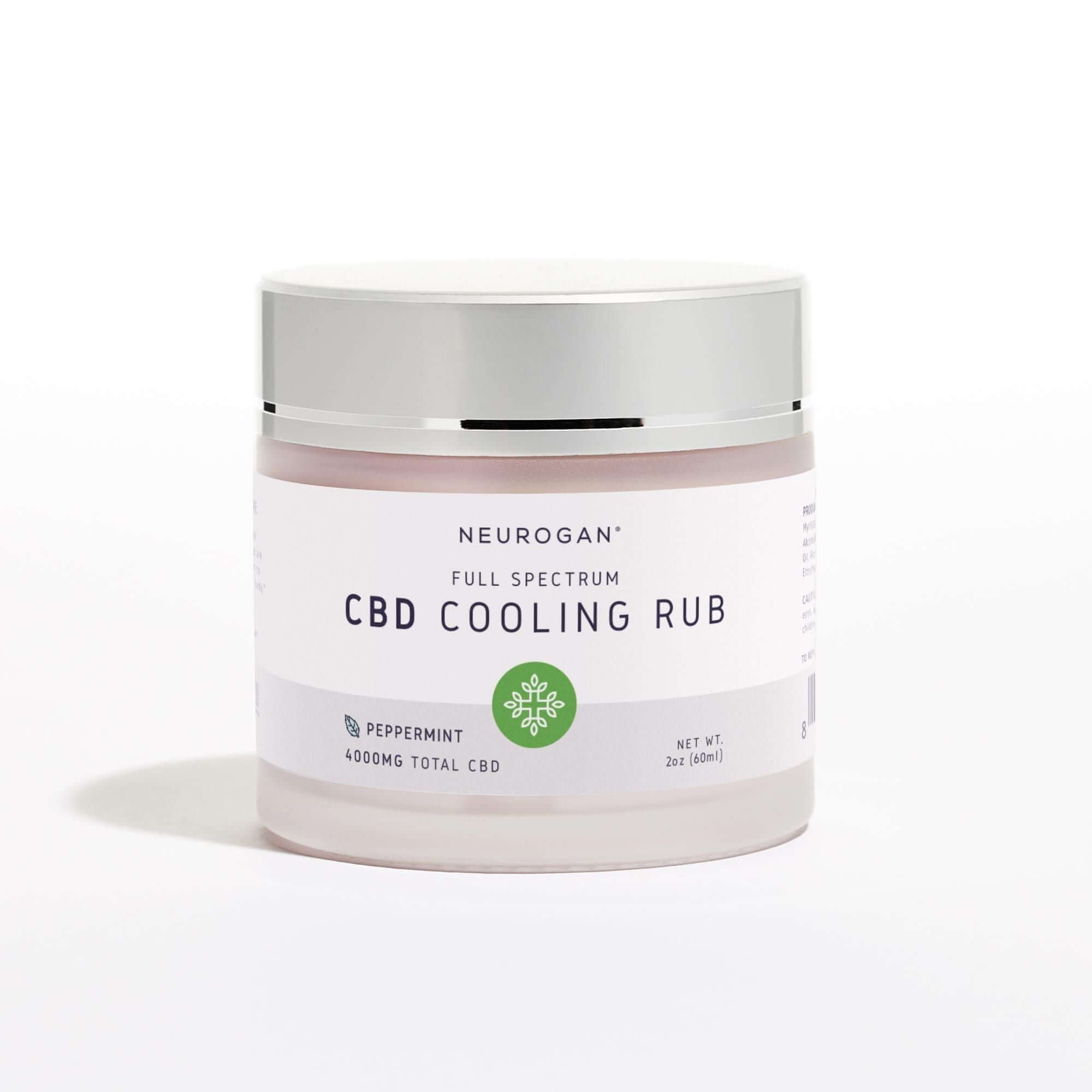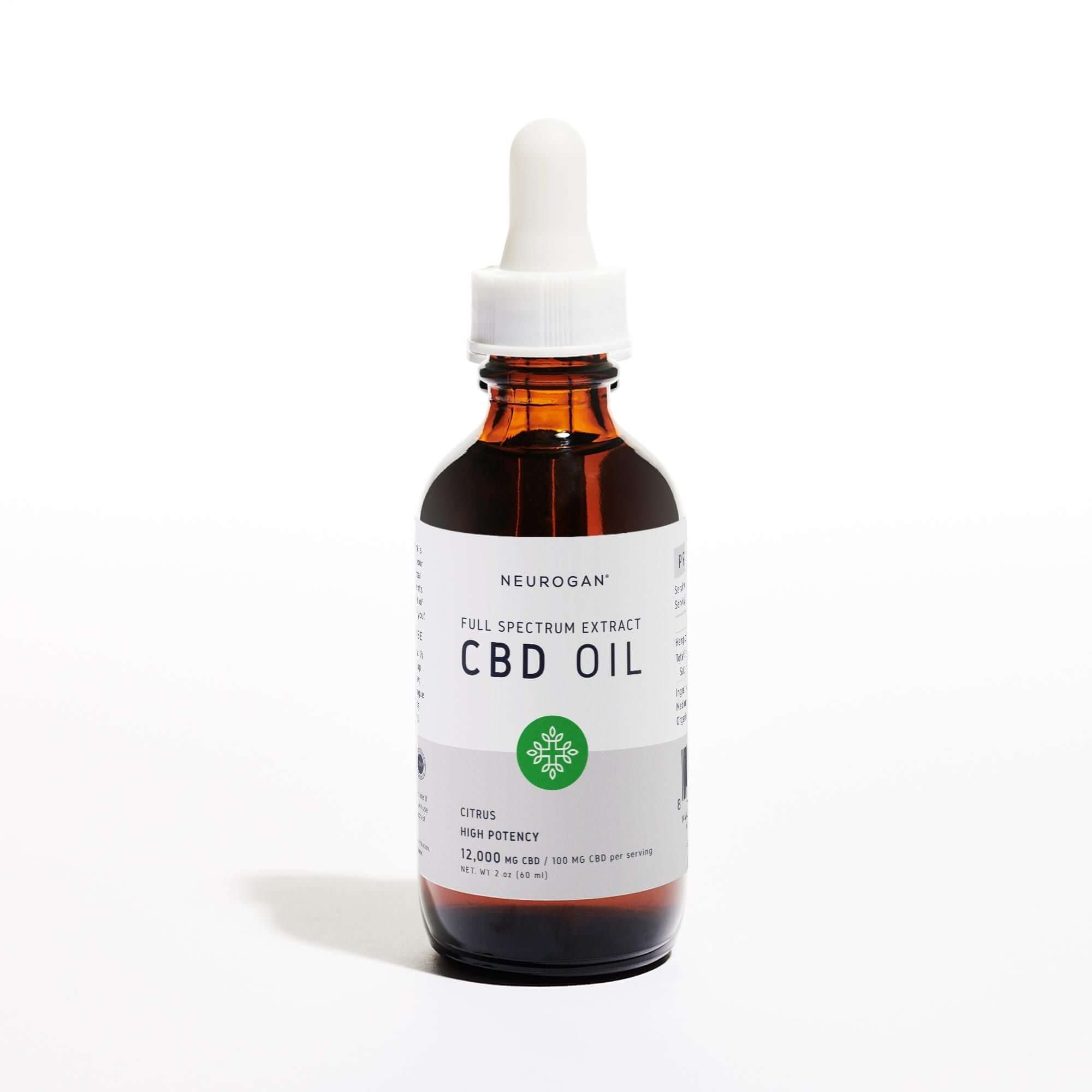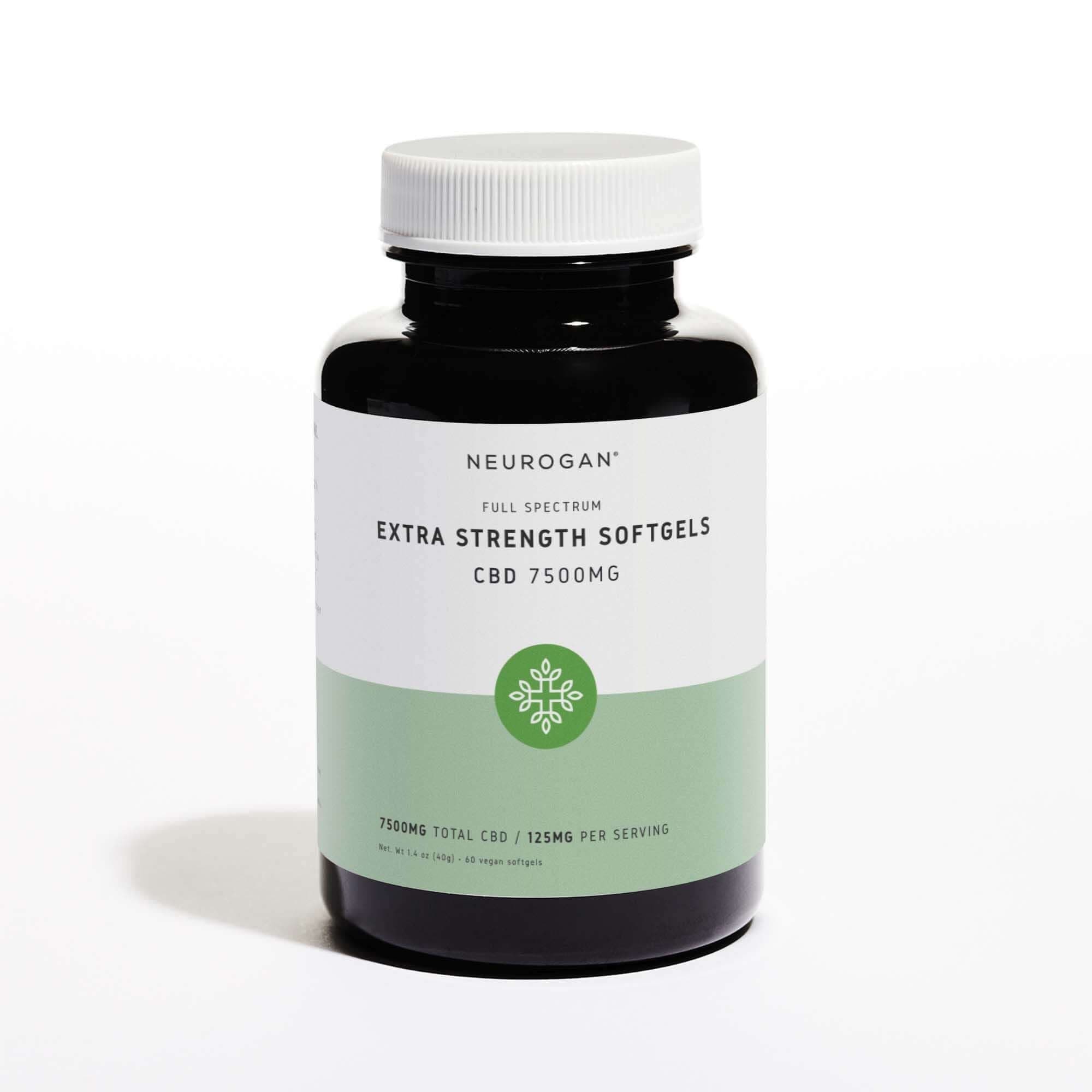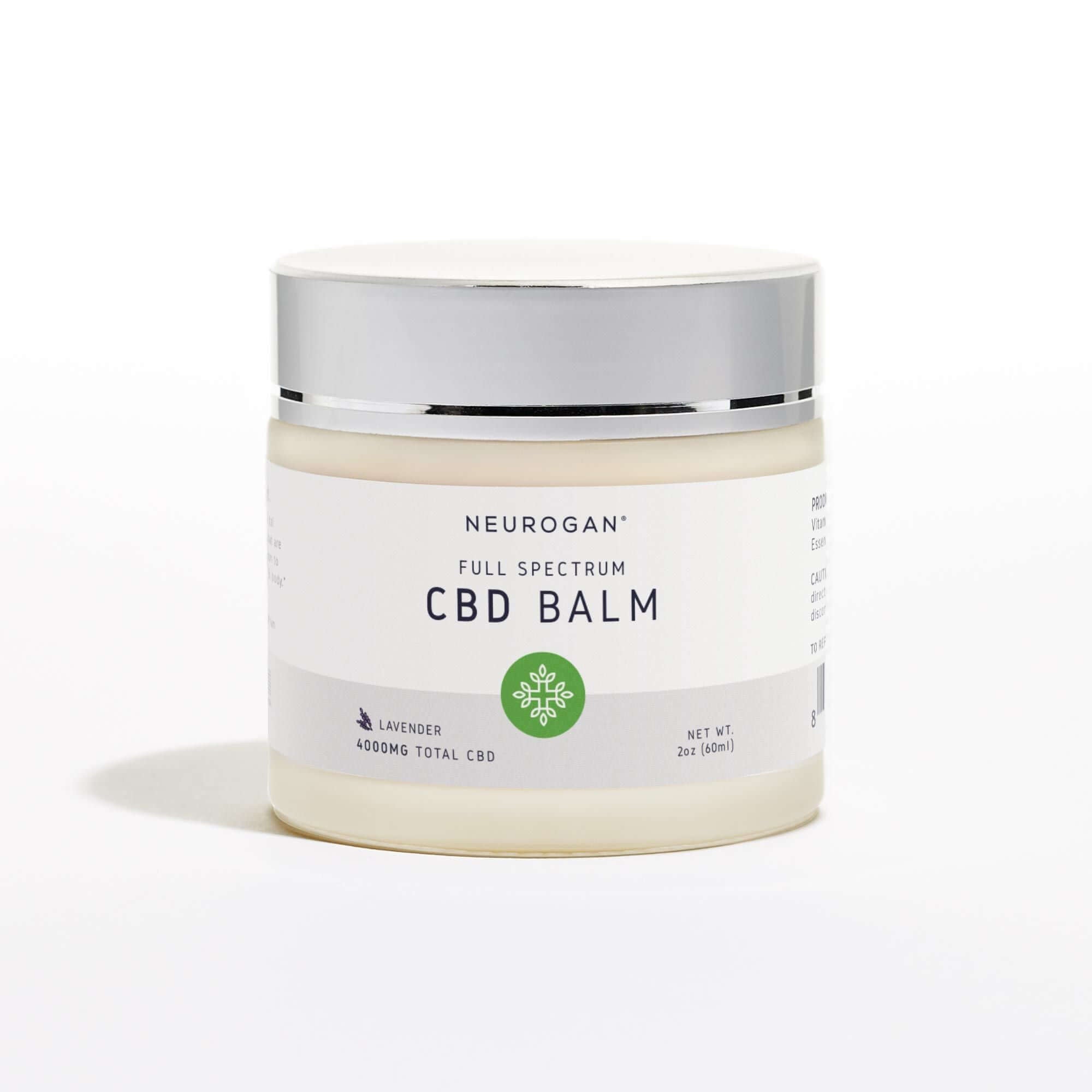If you're considering giving CBD oil a try, you're definitely not alone. CBD products are rapidly gaining popularity as a natural way to support health and well-being — but how does CBD oil work its magic exactly?
CBD, or cannabidiol, is a chemical compound in the Cannabis sativa plant. It's one of over 100 biologically active compounds known as cannabinoids.
CBD oil is made by extracting CBD from the plant and then diluting it with carrier oil, such as coconut oil or hemp seed oil, to make it easier to use.
CBD oil works by interacting with the body's endocannabinoid system (ECS), a network of receptors found throughout the body that regulate various functions, including pain, mood, energy metabolism, sleep, and much more.
When CBD is introduced into the body, it's thought to bind to these receptors and interact with them in a way that helps to regulate these functions.
While research on how CBD oil does work is ongoing, many people turn to both CBD oil & CBD Gummies for pain relief, anxiety & more. However, more research is needed in clinical trials to fully grasp CBD oil's potential benefits, risks, appropriate dosages, and safe methods of use in humans.
This article will look at the research on how CBD oil does work to exert its health benefits and the different types of CBD products available.
Key Takeaways:
- CBD (cannabidiol) is a non-intoxicating cannabinoid from the cannabis plant. Most federally legal CBD products come from Farm Bill-compliant hemp plants, not marijuana.
- CBD interacts with receptors in the endocannabinoid system to support homeostasis (balance) within the body. It's also been shown to have unique interactions with pain receptors, inflammation markers, and neurotransmitters in the brain that help to regulate stress.
- While CBD oil is the most popular form, many CBD products are widely available, from CBD gummies, CBD lotion, CBD softgels & capsules, smokable CBD products, and even pet-friendly CBD varieties. Depending on the form, how CBD works in the body may be different.
How Does CBD Oil Work in the Body?

To explain how CBD oil works, we must first introduce the endocannabinoid system (ECS).
The ECS was first discovered when researchers sought to understand how THC in cannabis affected the body. The word "endocannabinoid" came from the cannabis compounds that affected this system, "cannabinoids" [1].
Researchers found that the body naturally produces cannabinoids that act as messenger cells throughout the body. The body's internally-produced cannabinoids are called "endocannabinoids," and plant-produced cannabinoids are called "phytocannabinoids," but most people use the term "cannabinoids."
The endocannabinoid system is a biological system made up of naturally occurring molecules (endocannabinoids) and their receptors that helps the body maintain homeostasis — while scientists are still learning the complexities of this system, it's believed to be crucial in regulating bodily functions such as mood, sleep, appetite, immune response, and stress [1].
CBD is believed to work by supporting the endocannabinoid system function, thus aiding in the body's ability to maintain balance for healthy biological functioning.
There are multiple ways through which researchers suggest how CBD works.
CBD May Support Natural Levels Of Endocannabinoids
There are two main types of endocannabinoids that relay messages throughout the body to maintain homeostasis:
- Anandamide: discovered in the 1990s, anandamide is an endocannabinoid thought to be involved in appetite, memory, pregnancy, and euphoria (especially associated with the runner's high). You can think of it as the feel-good molecule, which got its name from the Sanskrit word for "bliss," "ananda."
- 2-ArachidonoylGlycerol (2-AG): its name might be harder to remember, but this endocannabinoid's function shouldn't be underestimated. It's tied to emotional regulation, neuroprotection, and cardiovascular health.
Once these endocannabinoids perform their jobs (to attach to receptors), they're usually broken down by enzymes.
How does CBD oil work to keep higher levels of endocannabinoids?
CBD and other cannabinoids may help keep these endocannabinoids' natural levels in the body for longer by inhibiting the enzymes' actions.
CBD May Bind To CB Receptors
Cannabinoid receptors (CB receptors) are proteins located on the surface of nearly all cells in the body that respond to endocannabinoids. Research suggests these receptors can also accept phytocannabinoids like THC, CBD, CBN, and CBG to create various physiological effects.
Scientists are just beginning to learn more about how exactly these substances interact, but our current understanding is that there are two main types of cannabinoid receptors:
CB1 and CB2.
CB1 receptors are mostly found in the brain and central nervous system, whereas CB2 is primarily found in peripheral tissues such as the immune system.
While CBD doesn't have as large of an affinity to bind to these receptors compared to other cannabinoids (THC, anandamide, and 2-AG), CBD can work by binding to these receptors, affecting mood, pain sensation, and the immune response in higher doses.
CBD Has Interactions With Vanilloid Receptors
Scientific evidence suggests that how CBD oil works for pain and inflammation is through a special interaction with pain receptors [2].
The vanilloid receptor type 1 (TRPV1) is responsible for sensing pain, temperature, and inflammation.
Research shows that CBD works by binding TRPV1 to help regulate pain signals in acute and chronic conditions [2]. This exciting finding demonstrates the potential for CBD as an effective new strategy for tackling various forms of pain. However, there's still not enough clinical evidence to show CBD's full mechanisms of action at TRPV1 in the human body.
CBD Has Interactions With GABA Receptors
Many people use CBD to help with stress and sleepless nights.
One of the primary ways CBD influences our bodies is by interacting with GABA receptors in the brain, which helps regulate our fight-or-flight stress response. GABA is a neurotransmitter that functions like a brake pedal of the body’s nervous system — it literally slows us down when we feel overwhelmed or anxious.
How CBD oil is thought to work is by enhancing GABA activity, allowing for better control of your stress responses and providing calming benefits [3].
CBD May Support Endocannabinoid Deficiency
Endocannabinoid deficiency is a medical theory that suggests that some people may have a deficiency in the endocannabinoid system. According to this theory, a deficiency in the endocannabinoid system may lead to various health problems, such as chronic pain, anxiety, and depression.
Some evidence supports the idea that endocannabinoid deficiency may be involved in the development of certain health conditions. For example, research has shown that people with fibromyalgia, a condition characterized by chronic pain and fatigue, may have lower levels of endocannabinoids in their bodies compared to healthy individuals. Similarly, some studies have found that people with anxiety and depression may also have lower levels of endocannabinoids [4].
Other diseases that may be associated with endocannabinoid deficiencies may include:
- Migraine headaches [4]
- Post-traumatic stress disorder [5]
- Anxiety disorders [5]
- Multiple sclerosis [6]
- Sleep disorders [4]
- Irritable bowel syndrome [5]
Some health experts recommend dietary supplements such as omega-3 and CBD oil to support the levels of cannabinoids in the body. It is important to note that endocannabinoid deficiency is still somewhat controversial. Scientists are still looking to uncover how CBD works and the endocannabinoid system's role in health and disease.
How CBD Oil Works In the body is Different for Everyone:

Everyone's body is unique and reacts differently to medications, supplements, and even natural treatments like CBD.
While some common effects may be experienced after taking CBD oil products, how CBD works for an individual can vary in effectiveness and duration.
Some people find relief from their aches or anxieties after just one dose of CBD oil, while others require more frequent use to achieve the same effects.
Additionally, some people feel the effects of CBD more quickly than others. This variability is why experts recommend trying out different doses and frequencies of taking CBD until you understand its impact on your particular body.
With patience and experimentation, however, you can certainly find what works best for you.
Here Is Why CBD Works:
The cannabis plant is chock full of beneficial compounds with promising health benefits for the human body (and pets too).
The main ingredient in CBD oil is called cannabidiol (CBD), which belongs to a class of chemicals called cannabinoids.
CBD and other cannabinoids are concentrated in the resin glands of flowering cannabis plants, specifically hemp plants, for their low THC (tetrahydrocannabinol) levels.
Unlike THC, CBD is non-psychoactive. In other words, CBD is often used to attain a sense of balance and peace in the body and provide relief from different types of pain including back pain, muscle pain and tooth pain, all without the “high” feeling associated with THC from the marijuana plant.
CBD oil combines the cannabinoid-rich resin extract from hemp plants with a carrier oil such as MCT coconut oil, olive oil, or hemp seed oil. The carrier oil helps dilute the hemp extract potency for easier dosing and improves the compound's absorption through the digestive system.
You can find CBD oils sold in a wide variety of potencies (indicated by the amount of mg of CBD per bottle), flavors, and even CBD extract types.
How different CBD Products works for the body:
CBD is a versatile compound in that it can be taken in multiple forms — you can find it in capsules, CBD oil, smokables, lotions, and even edibles such as gummies.
Let's look at the different types of CBD oils and products and how they work in different instances.
Edible CBD Products: CBD Capsules, Oils, Gummies, Teas

Edible forms of CBD products are the most easily accessible and beginner-friendly method that comes in various options.
How does edible CBD oil work?
When you eat CBD, you're absorbing the cannabinoids through the digestive system. Unfortunately, this isn't the most efficient way to get the benefits of CBD into your system.
On the plus side, however, it is one of the gentler ways to get cannabinoids in your body since they pass through the gut and liver before entering your bloodstream. Similar to CBD oil, edibles such as CBD gummies can help with inflammation, pain, sleep, and anxiety.
It's worth noting that your body absorbs less CBD than other methods. If you want to use CBD in the form of treats, then make sure you shop for a CBD product with a high concentration of CBD.
This is because the gut and the liver break down most of the active cannabinoids before they can enter the bloodstream and interact with CB1 and CB2 receptors in the central nervous system (CNS) and peripheral nervous system (PNS).
Smokable CBD Products: Vape Oil, Cannabis Flower, CBD Cigarettes

Smoking CBD is the fastest way to administer the cannabinoids into your bloodstream — as it doesn't have to go through the digestive process. It enters the bloodstream through the oxygen exchange in the lungs.
Smoking CBD products like CBD cigarettes, vape oil, or cannabis flower aren't for everyone, as they can irritate the lungs. Still, many people take advantage of their fast-acting and potent effect on the mind, muscle spasms, chronic pain, and stress.
Topical CBD Products: CBD Creams, CBD Lotions, CBD Oil For Massage

CBD oil can work topically by interacting with endocannabinoid receptors found in skin tissue. The ECS's role in the skin is to support the largest organ's role in protecting the body from the environment, temperature control, immune support, and pain sensation.
How does CBD oil work on the skin?
Using CBD on the skin is a popular choice, but for those seeking relief, CBD Gummies for joint pain & chronic muscle support works as well. Rather than floating through the bloodstream to exert its effects, you can apply a high concentration of topical CBD to where you need it most.
Products like CBD roll on and CBD massage oils are popular for those looking to treat pain naturally without worrying about the possible effects of drowsiness from CBD in high concentrations.
Does Pure CBD Work Better Than Full Spectrum CBD?
As mentioned, CBD is just one of the over a hundred naturally occurring compounds in the cannabis plant that has been found to have health benefits.
While pure CBD oil may help to support endocannabinoid system function, researchers have shown that full spectrum CBD oil works to provide more robust and balanced effects in the human body.
This is a result of the entourage effect — the theory that complementary plant compounds work better together to produce synergy in their effects.
Full spectrum CBD oil contains other minor cannabinoids and terpenes that help to complement the effects of CBD in the body.
The Takeaway: How Does CBD Oil Work?

CBD oil has become a popular supplement for many health goals, but how does CBD actually work?
As it turns out, our bodies have an endocannabinoid system (ECS) that helps regulate many biological functions that help us perform and feel our best.
How CBD oil works by interacting with the receptors in the ECS to help regulate systems involved with sleep, stress, mood, energy metabolism, and the immune response. Still, more research suggests that CBD works at unique receptor sites to support the pain response, stress, and much more.
So, while we don’t quite understand the full picture yet of what this means in the field of health and medicine, what we do know is that CBD oil can be an effective dietary supplement to support general health and wellness.
FAQ
How CBD works in the human body?
CBD works in the human body by interacting with the endocannabinoid system (ECS). It binds to receptors, mainly CB1 and CB2, to modulate various physiological processes, such as pain perception, inflammation, and mood. This interaction helps promote a sense of relaxation and homeostasis without causing the psychoactive effects associated with THC.
How long does it take for CBD Oil to work?
CBD effects may be noticeable within 15 to 30 minutes by sublingual administration. The onset may vary depending on several factors, including the individual's metabolism, method of consumption, and dosage.
How is CBD processed in the body?
CBD is processed in the body through metabolism in the liver. After consumption, it enters the bloodstream and interacts with the endocannabinoid system's receptors, CB1 and CB2, to exert its effects on various physiological processes, such as pain, inflammation, and mood. The body eventually eliminates CBD through urine and feces.
Does CBD work for pain?
CBD could have benefits for relieving chronic pain, improving sleep, and reducing inflammation due to its interactions with the endocannabinoid system and other receptors in the body. Its pain-relieving effects are exerted through various interactions and modulation of the endocannabinoid, inflammatory, and nociceptive (pain sensing) systems.
How does hemp work?
Hemp works by interacting with the body's endocannabinoid system through its cannabinoids, like CBD, to regulate physiological functions such as pain, inflammation, mood, sleep, and helping keep your immune system functioning.
How does cannabis work?
Cannabis works by interacting with the body's endocannabinoid system through its cannabinoids, such as THC and CBD, which bind to specific receptors, modulating physiological processes including mood, pain perception, appetite, and memory and producing psychoactive and therapeutic effects.
How to tell if CBD is working?
Signs that CBD is working may include more restful sleep, improvements in skin conditions, reduced severity of period pain, or an enhanced sense of overall well-being.c Tracking changes in these areas can help gauge the effectiveness of CBD for your individual needs.
Resources:
- Pertwee, R. G. (2006). Cannabinoid pharmacology: the first 66 years. British journal of pharmacology, 147(S1), S163-S171.
- Costa, B., Giagnoni, G., Franke, C., Trovato, A. E., & Colleoni, M. (2004). Vanilloid TRPV1 receptor mediates the antihyperalgesic effect of the nonpsychoactive cannabinoid, cannabidiol, in a rat model of acute inflammation. British journal of pharmacology, 143(2), 247-250.
- Bakas, T., Van Nieuwenhuijzen, P. S., Devenish, S. O., McGregor, I. S., Arnold, J. C., & Chebib, M. (2017). The direct actions of cannabidiol and 2-arachidonoyl glycerol at GABAA receptors. Pharmacological research, 119, 358-370.
- Russo, E. B. (2016). Clinical endocannabinoid deficiency reconsidered: current research supports the theory in migraine, fibromyalgia, irritable bowel, and other treatment-resistant syndromes. Cannabis and cannabinoid research, 1(1), 154-165.
- Marsicano, G., Wotjak, C. T., Azad, S. C., Bisogno, T., Rammes, G., Cascio, M. G., ... & Lutz, B. (2002). The endogenous cannabinoid system controls extinction of aversive memories. Nature, 418(6897), 530-534.
- Baker, D., Pryce, G., Croxford, J. L., Brown, P., Pertwee, R. G., Makriyannis, A., ... & Marzo, V. D. (2001). Endocannabinoids control spasticity in a multiple sclerosis model. The FASEB journal, 15(2), 300-302.
Disclaimer:
The Food and Drug Administration has not evaluated the statements made regarding these products. These products are not intended to diagnose, treat, cure or prevent any disease. All information presented here is not a substitute or alternative to health care practitioners' information. Before using any product, please consult your healthcare professional about potential interactions or other possible complications.





